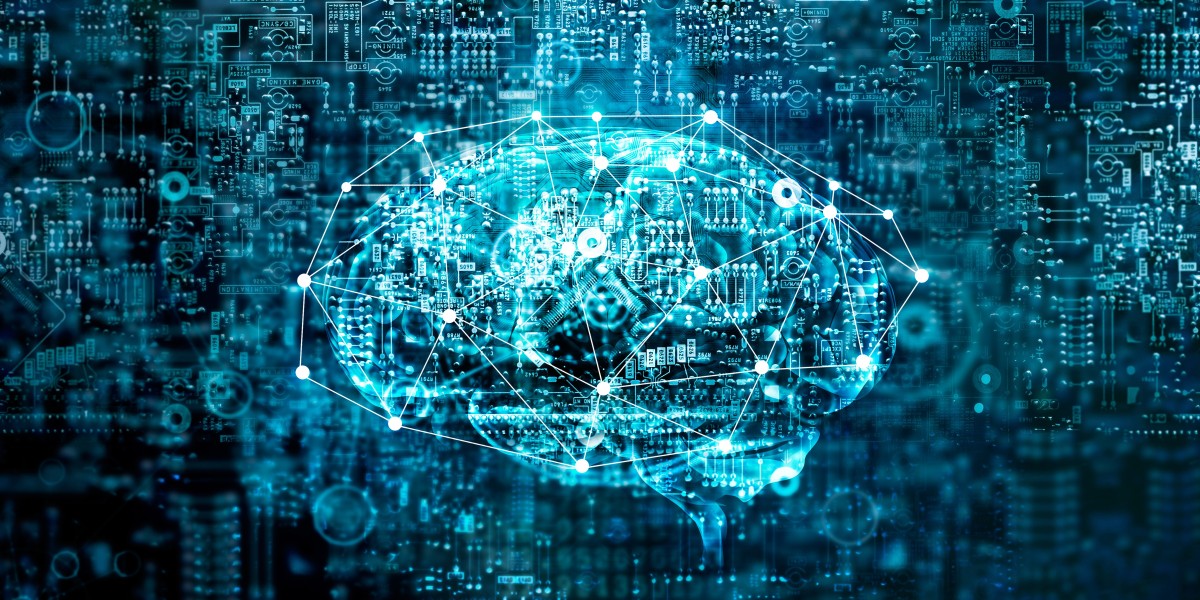In recent years, technology has revolutionized nearly every aspect of healthcare, and mental health care is no exception. From AI-powered diagnostic tools to virtual therapy platforms, technological advancements are reshaping how we understand, deliver, and access mental health services. The Mental Health Conference 2025, scheduled for November 15–16 in Orlando, Florida, will spotlight this digital transformation, offering a dedicated forum to explore both the opportunities and challenges of integrating technology into mental health systems.
The Promise of Digital Tools
One of the greatest advantages of technology in mental health care is accessibility. For individuals living in remote or underserved areas, virtual therapy sessions, mobile apps, and online support communities have opened doors that were previously closed. Tools like telepsychiatry and mental health chatbots offer on-demand assistance, often helping individuals receive support in real-time during moments of crisis.
Additionally, data-driven insights powered by AI and machine learning are being used to identify early warning signs of mental health conditions. Wearable technology and mobile health apps can monitor sleep patterns, physical activity, mood, and stress levels—giving both users and clinicians more information to guide treatment decisions.
Challenges That Demand Attention
Despite these promising developments, there are considerable challenges to address. Privacy and data security remain top concerns, particularly as sensitive mental health data becomes more digitally accessible. Ensuring compliance with regulations like HIPAA and GDPR is critical in maintaining user trust.
There’s also the risk of over-reliance on automation. While technology can support mental health care, it cannot fully replace the empathy, intuition, and clinical judgment of human therapists. Maintaining the right balance between digital assistance and human connection is vital.
Moreover, digital inequality poses a major hurdle. Not everyone has access to smartphones, reliable internet, or the digital literacy required to use mental health apps effectively—potentially excluding the very populations most in need.
The Conference Perspective
At the Mental Health Conference 2025, experts in psychology, psychiatry, digital health, and tech innovation will come together to discuss how to responsibly scale technology in mental health care. Topics will include ethical AI use, teletherapy best practices, digital health policy, and inclusive tech design. The conference aims to promote solutions that are not only innovative but also ethical, equitable, and clinically effective.
If you're a healthcare provider, developer, policymaker, or mental health advocate, this event offers a unique opportunity to explore how we can bridge the gap between technology and compassionate care.
🔗 Register now to be part of this crucial dialogue.







